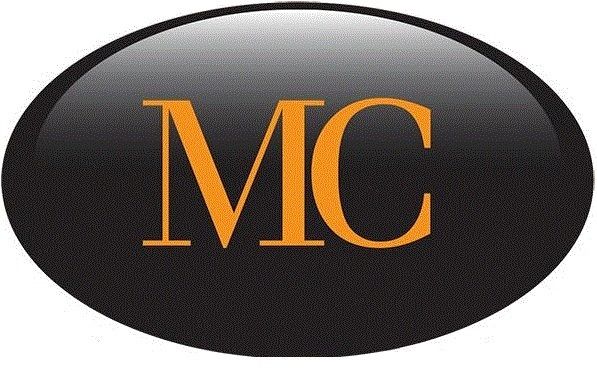“However, Northern Ireland is not generally considered a conflict zone in the same way it was during the Troubles”
Ask the question who is crafting the narrative?
The morality of war is best addressed from the perspective of those who stand to gain from the human loss of life and not from those who have historical differences over land, title (theological or denominational), resources and perceived strategic positioning.
Different ethical frameworks and perspectives offer varying views on the justifiability and conduct of war yet the average citizen from any time or country would want nothing to do with it. I have had conversations with servicemen and servicewomen who come back from WAR expressing the futility of its purpose. Is war the only direction we have evolved to?
We have become so removed from the horrors of war that academic research has coined a few illustrious terms by which we justify the actions of this macabre behaviour.
Jus ad Bellum (Justice of War) This aspect of Just War Theory focuses on the conditions that must be met for a war to be considered just. It includes criteria such as just cause, legitimate authority, right intention, probability of success, last resort, and proportionality. Question, do we ask those who have experienced war who may have a viable alternative to resolve the conflicts, for their input?
Jus in Bello (Justice in War): This pertains to the ethical conduct of war once it has begun. It emphasizes principles like discrimination (distinguishing between combatants and non-combatants), proportionality (the use of force must be proportionate to the objective), and the treatment of prisoners of war. Are we so emotionally absent of humanity that we can consciously pigeonhole ethics and morality when we are triggered to KILL?
Human Rights: Some argue that wars can be justified to prevent or stop severe human rights violations. The international community may intervene to protect innocent civilians from atrocities. Question…WHEN DOES THE HEAD COUNT START?
Religious Perspectives: Different religions offer varying views on the morality of war. Some religions have concepts of a “just war” or prescribe rules for ethical conduct during conflicts.
“So much wrong could religion induce”. Lucretius (99 BC – 55 BC)
Realism: Realists, in international relations, argue that the morality of war is secondary to the pursuit of national interest and security. They emphasize the importance of power and statecraft in international relations.
Countries with existing wars and related conflicts.
Syria: Yemen: Nagorno-Karabakh: North Korea: Israel and Palestine: Myanmar (Burma): Ethiopia: South Sudan: Ukraine: Libya: Iraq: Afghanistan:
Historical Context: The one major element in all conversations. We must go back into history and identify the relationships forged between and among diverse interests to shed light on the current state of affairs. Understanding the backstory of war involves examining the multifaceted and interconnected factors that contribute to the outbreak of armed conflicts. While the specific circumstances and motivations for wars vary, these historical and contextual elements provide a framework for understanding the complex nature of human conflict.
Political Factors:
- Wars are often driven by political motivations, including disputes over borders, power struggles, changes in leadership, and ideological differences. Political leaders resort to war to achieve their specific goals or maintain their authority.
Here are a few WARS that directly impacted my life:
Catholics outnumber Protestants in Northern Ireland for first time.
The Soviet Invasion of Czechoslovakia: August 1968
Vietnam War – The mental scars of Vietnam’s war veterans
A point of reflection would be to host an international hybrid conference of those who have gone through WAR to share their perspectives of what could be done to approach such seemingly vast differences in a non-combatant manner so the intellectual capital of humanity is not lost. Consider this, what economic opportunities have been lost due to the loss of life that would have contributed to the overall economic wealth of a people, a country, a corporate interests? When you can measure this financial opportunity loss, let’s move on to the next missed element in this LIFE and DEATH equation.













